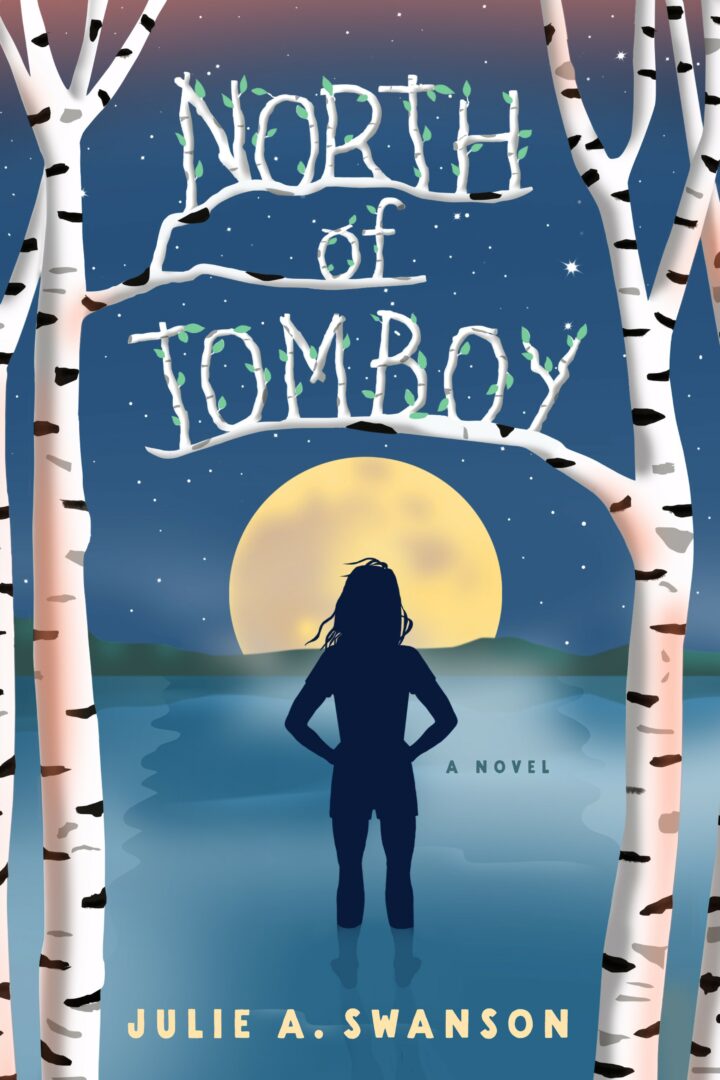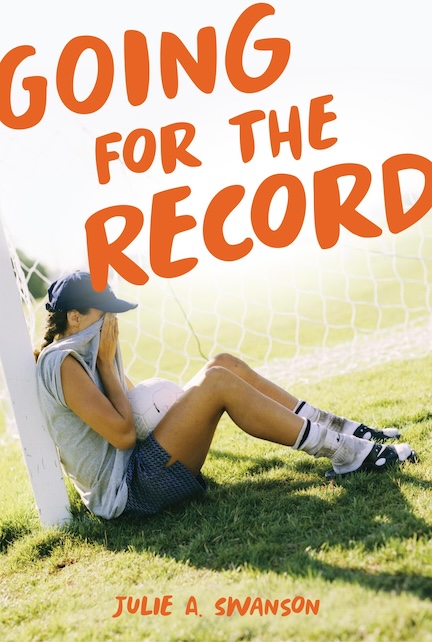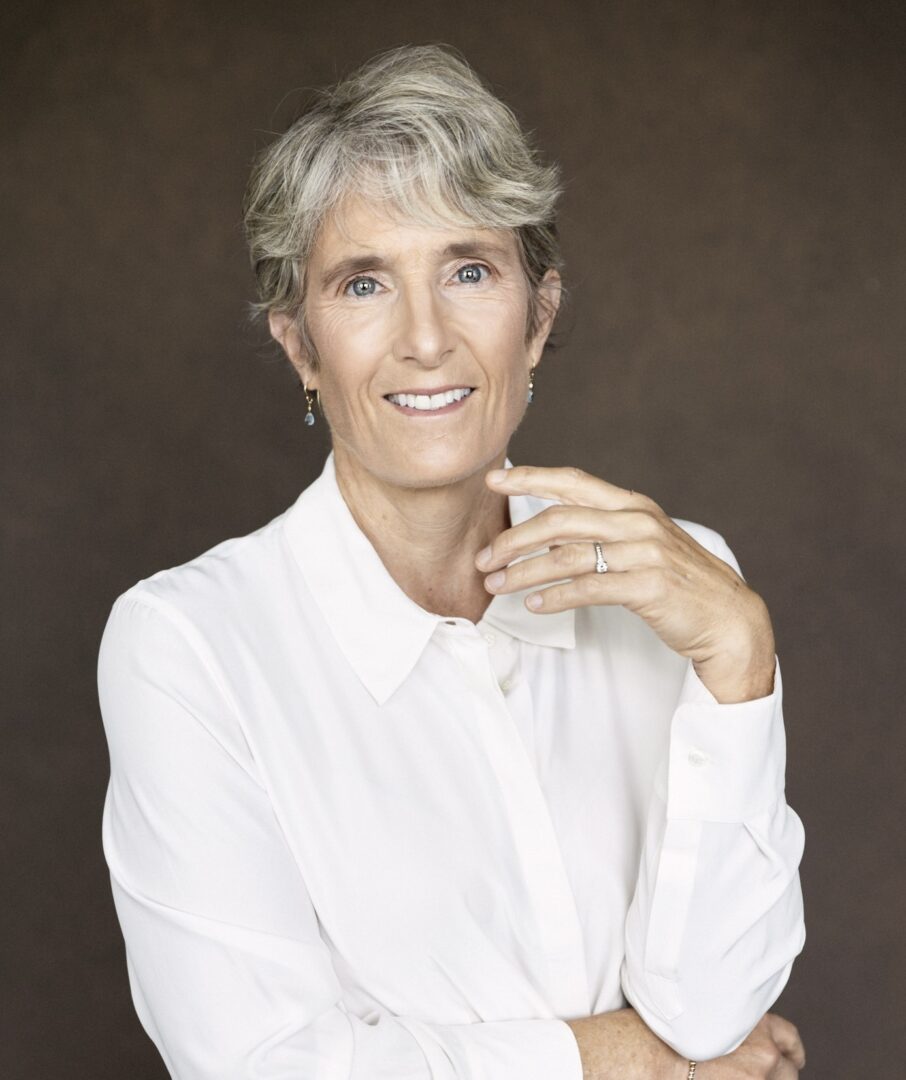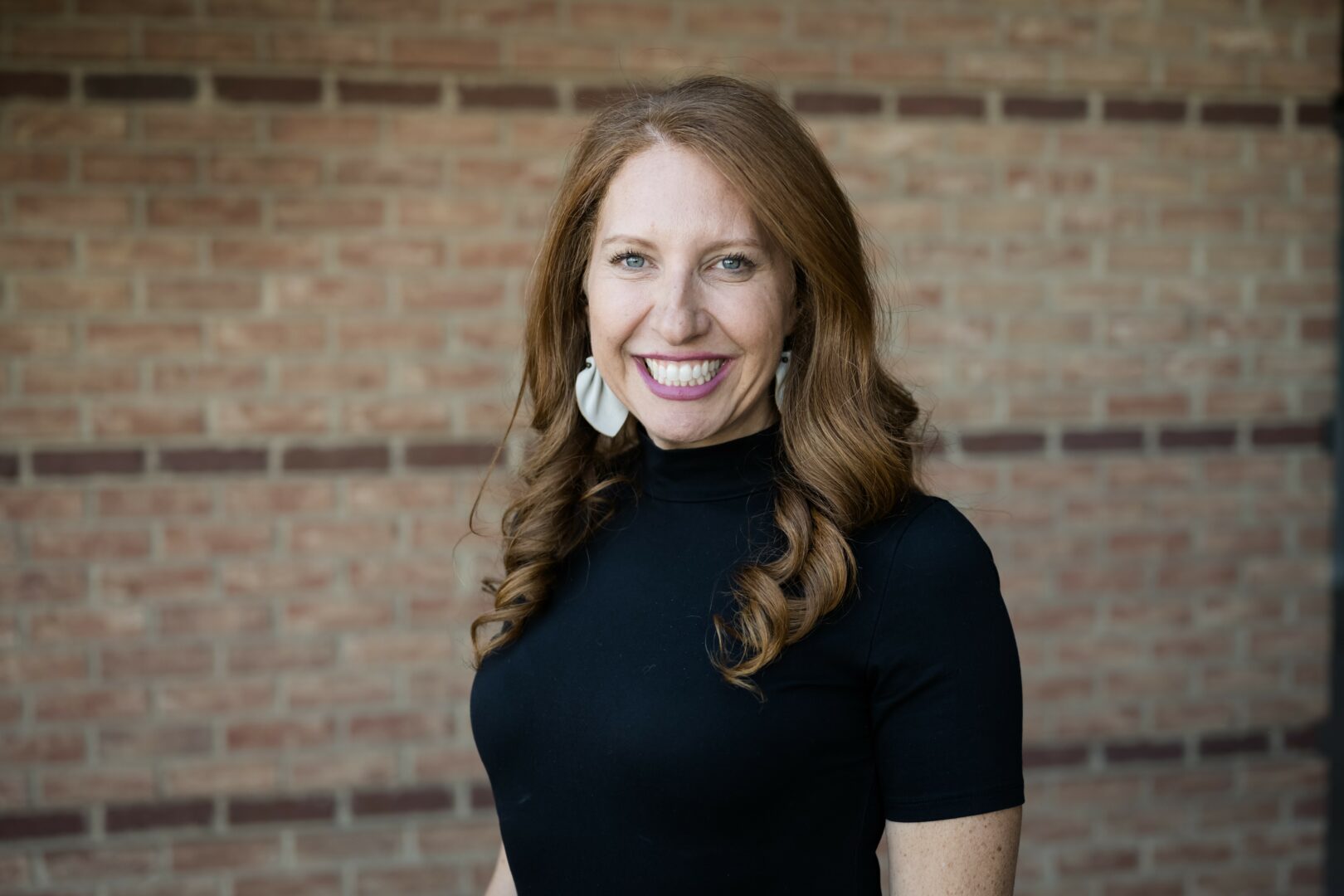Alright – so today we’ve got the honor of introducing you to Julie Swanson. We think you’ll enjoy our conversation, we’ve shared it below.
Hi Julie, thank you for being such a positive, uplifting person. We’ve noticed that so many of the successful folks we’ve had the good fortune of connecting with have high levels of optimism and so we’d love to hear about your optimism and where you think it comes from.
My optimism probably came from my mom initially. She is optimistic to a fault. My dad always said she wore rose-tinted glasses (with a roll of his eyes). She believed that one should focus on the positive and not dwell on the negative, She believed that so strongly that she tended to not even acknowledge the negative (anger, sadness, disappointment, tension…). It was like, “If something negative comes into your mind, just push it out of the way and think of something good instead.” But it wasn’t usually insincere or to gloss over or distract from something–most of the time she was just really appreciative of things and grateful and hopeful. Every day we woke up to her exclaiming what a beautiful day it was, or, if it wasn’t, how it was a good day for staying inside and playing and, boy, did the flowers need the rain and now we won’t have to water them! Everything had a silver lining. But I also think my optimism comes from a spiritual place. While I was very religious growing up and internalized way too much of the fire-and-brimstone fear that Christianity/Catholicism can instill in you, from early on I also had this sense of God or of the universe being a spirit/place where everything would be OK in the end, that all would work out for the best somehow. When I was older and first read Julian of Norwich’s, “All shall be well, and all shall be well, and all manner of thing shall be well,” I was like, YES! Not that I’ve never worried or stressed about anything: I didn’t think we’d always be happy or have things be the way we wanted them right now or even for a very long time, but that ultimately, we’ll be OK, we’re all being taken care of and watched after and there will be a happy ending or no ending at all, except for an end to our strife.

Let’s take a small detour – maybe you can share a bit about yourself before we dive back into some of the other questions we had for you?
I write novels for middle grade and young adult readers, So far I have two published, one which was just released September 2, 2025, a middle grade novel, NORTH OF TOMBOY (SparkPress), and a young adult novel, GOING FOR THE RECORD (Eerdmans Books for Young Readers, 2004, second edition in 2021), which is about a high school soccer star who finds out her dad has cancer and only three months to live right as she is on the brink of realizing her dream of playing for the US national team. Both books are semi-autobiographical. GOING FOR THE RECORD is based on my own dad’s death, which was really inspirational and in a way beautiful, and I was a driven athlete who was passionate about my sport (basketball) as the main character of that story is, although I was not in high school when my dad died. So I would say it is more loosely based on my life than NORTH OF TOMBOY. I wrote what I do to share with young readers things that I hope can help them, or at least make them feel less alone in the world, knowing that someone else has felt and thought the things they have. NORTH OF TOMBOY is the first in a series; it becomes a girls basketball series,
Looking back, what do you think were the three qualities, skills, or areas of knowledge that were most impactful in your journey? What advice do you have for folks who are early in their journey in terms of how they can best develop or improve on these?
I was drawn to writing at a young age (7) and got positive reinforcement for the stories and poems I wrote, so I had a real interest and at least some natural way with the written word. But I think persistence is probably the thing that’s been most important in my writing journey. Getting a book published is such a difficult thing to do, especially if you’re looking to go the traditional route, submitting to agents and editors rather than self-publishing or hybrid publishing. But self-publishing and hybrid publishing are hard, too (hybrid publishing often requires submitting and getting your ms vetted, working with book coaches, freelance editors, or at least copyeditors). I read somewhere recently that in 1985, 44,000 books a year were published, and last year there were over 2,000,000 books published. So even if you get your book published, you are competing for people’s attention with SO many other books. How do you make your book stand out in such a huge field? As a writer, you have to have a lot of stick-to-itiveness; You have to be persistent, determined, driven. Patient. No, not everybody; some people get lucky, or are more talented than most of us, but you have to be prepared for that kind of patience. It can be really frustrating, but if you believe in your story, and it’s really important to you, and you work hard… Most won’t be able to make a living of it, but it can be very rewarding. And to give yourself the best chance of making a career of it, you need to be constantly working at your craft, reading and writing, being open to feedback, reading and writing…

Thanks so much for sharing all these insights with us today. Before we go, is there a book that’s played in important role in your development?
In terms of my development as a writer. one book jumps to mind, and that is Kim Hudson’s book THE VIRGIN’S PROMISE (subtitled: Writing Stories of Feminine Creative, Spiritual and Sexual Awakening). Most of my stories have young female main characters, and for a long time when I would be looking for help in plotting them, I’d really struggle, because everything out there seemed to be in terms of the Hero’s Journey (a universal story pattern outlined by Joseph Campbell where a hero leaves his or her Ordinary World to go on an Adventure, where they face challenges and eventually triumph in a Special World, and then return home transformed, bringing with them some new wisdom or thing that will help the Ordinary World). Even many other plotting methods, although they might use different terms for Hero, Adventure, Special World, etc., they seemed to have a lot of parallels and to be essentially the same thing. And the Hero’s Journey didn’t seem to quite fit my stories, or rather my stories didn’t fit that kind of story structure. But when I read Kim’s book, where she presents her idea that the feminine hero’s journey, the Virgin’s journey, is often quite different–instead of our hero leaving the “kingdom” to go out and have an adventure, after which she comes back transformed and better able to help the kingdom, the Virgin/hero stays home and transforms herself and the kingdom from within. It talks about things in terms of Jungian archetypes and ideas of personal transformation, and works really well for character-driven books with quieter stories that aren’t such swashbuckling stories of adventure, going out there and fighting and conquering or reclaiming some important lost or stolen item. And I really like Jungian psychology, so the idea of a plotting template that’s more suited to inner transformation made a lot of sense to me and fit my story type so much better! Kim gives lots of examples of movies in her book (I think it was originally meant more for screenwriters) and how the steps in the feminine journey can apply to stories with male main characters as well–when Kim uses the word “feminine,” she means qualities that have been stereotypically thought of as more feminine but that can also be qualities men possess/exhibit as well, just as many females might be characterized by traits thought of as stereotypically more male, like assertiveness or physical strength. She also presents the notion of the Anti-Virgin story type, a twist of the Virgin’s Journey template, in which things are a bit reversed, and the main character is actually like the antagonist, in terms of being against what is actually in her/his own best interest. I highly recommend this book for people with character-driven stories that are more about inner transformation that then leads to outer transformation–of the main character and their Ordinary World or kingdom.
Contact Info:
- Website: https://www.julieswanson.com
- Instagram: jules9swanson
- Facebook: personal page : https://www.facebook.com/julie.a.swanson.9 Author page: https://www.facebook.com/profile.php?id=61559291484296
- Linkedin: inkedin.com/in/julie-swanson-3b634439
- Other: my blog: https://julieaswanson.wordpress.com/
Image Credits
Author photo credit: Arnel Gonce Photography
so if you or someone you know deserves recognition please let us know here.




